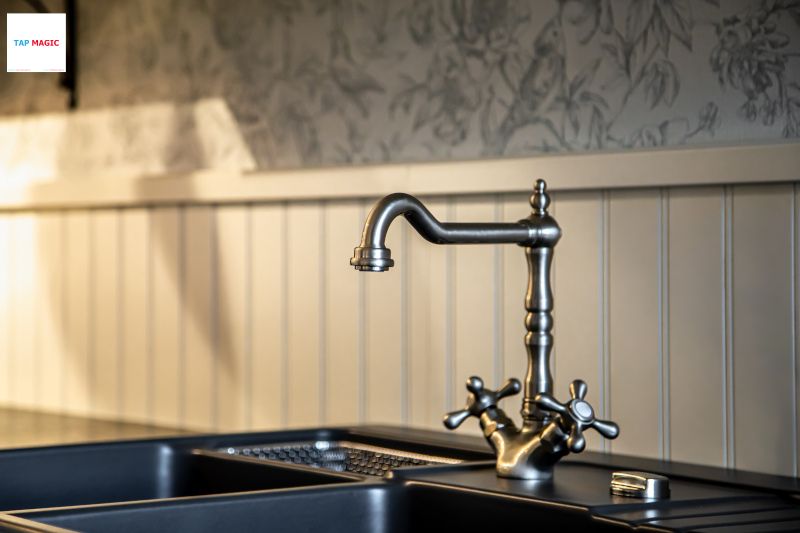
Limescale is a common issue in many households, causing problems for coffee machines, kettles, glasses, and even faucets and showerheads. This hard, chalky residue can clog appliances, tint glassware, and block plumbing fixtures. This article on Quooker Tap Ireland delves into what limescale is, the potential health implications, different types of limescale filters, and the most effective method to filter it out of tap water.
Limescale is a byproduct of hard water, which is water with a high concentration of minerals, such as calcium, carbonate, magnesium, and manganese. When these minerals are present in high quantities, they can leave behind scale deposits on appliances like coffee makers, tea kettles, and glassware. This issue is prevalent, with statistics from Quooker Tap Ireland showing that 85% of homes in both Europe and the US are affected by hard water. The chalky residue, or limescale, accumulates inside taps, pipes, and appliances due to the high levels of dissolved minerals. While limescale itself isn’t harmful, it can be a nuisance and impact the taste of water.
Limescale consists mainly of calcium and magnesium, which are not unhealthy in normal quantities found in tap water. In fact, these minerals are essential for the body. Most bottled mineral waters contain calcium and magnesium, highlighting their benefits. The recommended daily intake of calcium is between 500-1200mg, and for magnesium, it is 300mg. By drinking two liters of tap water daily, you could meet 10-20% of your calcium requirement and up to a third of your magnesium needs. Therefore, the minerals contributing to limescale are beneficial, not detrimental, to your health.
Hard water is characterized by its high mineral content, mainly calcium and magnesium. According to the World Health Organization (WHO), hard water has no known adverse health effects. In fact, it can be a significant source of essential minerals. There is some evidence suggesting that hard water may have a protective effect on cardiovascular health due to its magnesium content, although this evidence is still being debated. Certain health conditions, such as kidney stones, might require individuals to avoid hard water, but scientific consensus on this is not yet established. When you look to install a Quooker boiling water tap Ireland, make sure to consult before going ahead.
There are several effective methods for removing limescale from tap water. These include:
Some products claim to remove limescale using magnetic, catalytic, or ionization techniques. These devices are often marketed in hardware stores and online, promising to soften water through magnetic forces. However, laboratory tests have generally shown that these devices are ineffective in removing limescale.
Wrapping Up
Limescale in tap water, while not harmful, can be a significant nuisance, affecting the functionality of household appliances and the taste of water. Remember, Quooker boiling water tap Ireland comes with various accessories required for different filtration purposes. Therefore, it is essential to understand the composition of water that you get in your household. While the minerals in limescale are beneficial, removing the residue from water can improve appliance longevity and water quality. Methods like ion exchange and reverse osmosis offer effective solutions for Quooker Tap Ireland. By choosing the right method, you can enjoy the benefits of softened water while maintaining essential mineral content. Ultimately, addressing limescale can lead to better appliance performance, cleaner glassware, and a more enjoyable drinking experience.